COMMENT
Almost a week after Caf’s decision to take the Africa Cup of Nations away from Cameroon, the nation is still reeling.
Football enjoys almost religion-like status in the Central African nation, and losing the Afcon hosting rights is a monumental embarrassment.
President Ahmad Ahmad’s conclusion will haunt the country’s authorities and die-hard football supporters for a long time.
Ultimately, Cameroon’s inability to convince Caf of its ability to host the expanded 24-team tournament has cost it the tournament, and plunged the 2019 edition into uncertainty.
"Caf concludes that the Africa Cup of Nations could not be exposed to any issues that could impact on the success of the most prestigious African competition," the statement began.
"After having considered that a simple postponement of the tournament was impossible because of Caf’s contractual commitments, and the importance of maintaining the competition calendar, the Caf Executive Committee decided that the next edition of the 2019 Africa Cup of Nations could not be held in Cameroon.
"This decision, without appeal, will mean that Caf will now initiate an open and urgent call for new host country bids to ensure Afcon 2019 takes place next summer.
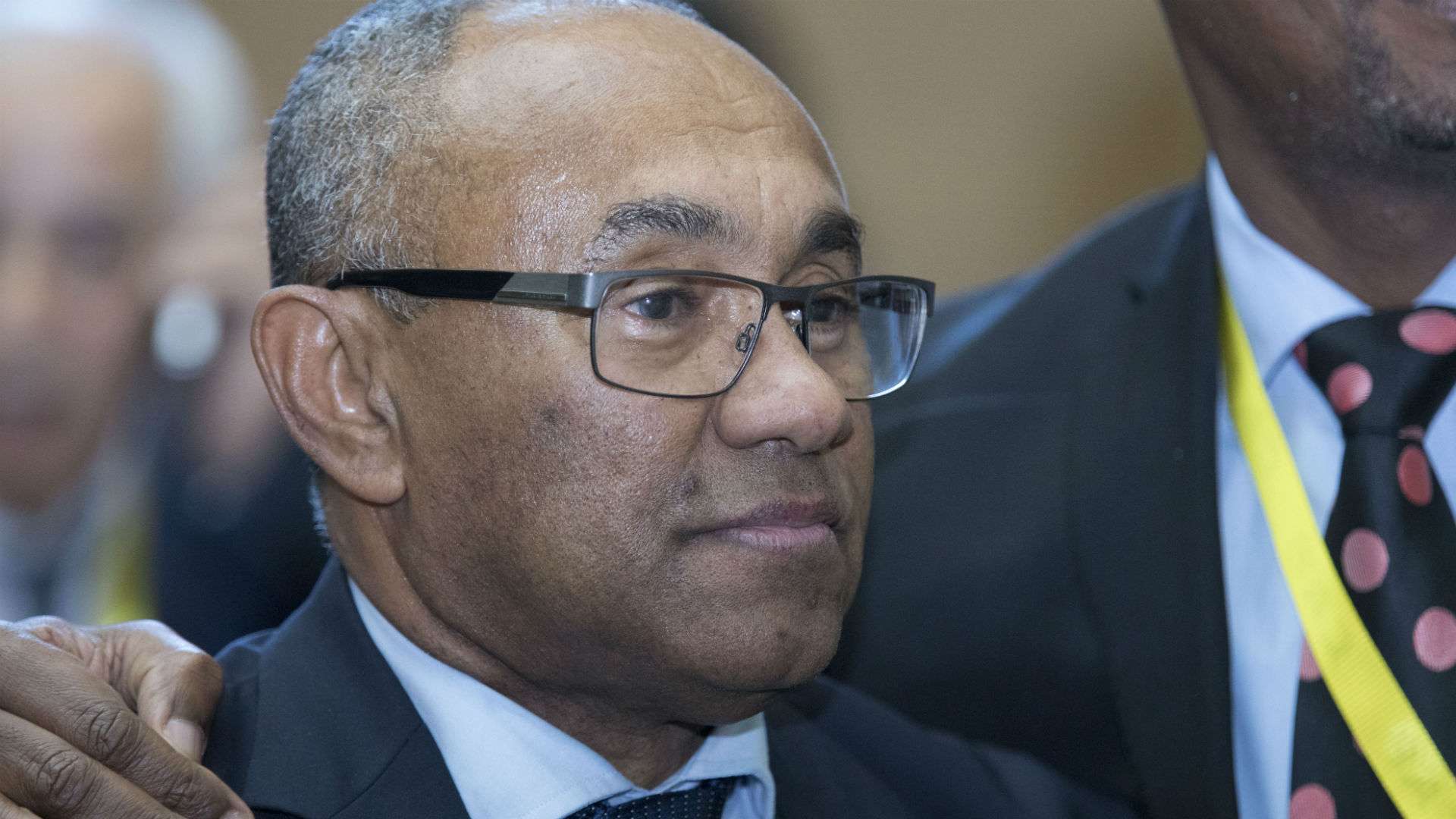 Getty
Getty
The whole face, which began with Caf’s unexpected decision to begin the tournament expansion in 2019, rather than waiting until later editions, hasn’t gone down well with Cameroonian authorities.
“This surprising decision, for more than one reason, is certainly unfair with regard to the huge investments made by our country, which led to outstanding modern infrastructures as witnessed by all,” Cameroon’s communication minister Issa Tchiroma Bakary said in a press statement.
“It is clear from the outset of this matter, that our country has been subjected to a treatment which can therefore give rise to questioning.”
However, perhaps some blame can be aimed at the Cameroonian authorities, for even thinking that they’d be able to meet Caf’s expectations and pass Roland Berger’s inspections.
Construction on the Olembe Stadium, which was supposed to host the opening match, only began in June last year, as did work at the Douala Japoma Stadium, one of the two new stadia earmarked for the event.
Was it ever feasible for a country battling with stretched resources to realise the projects in time?
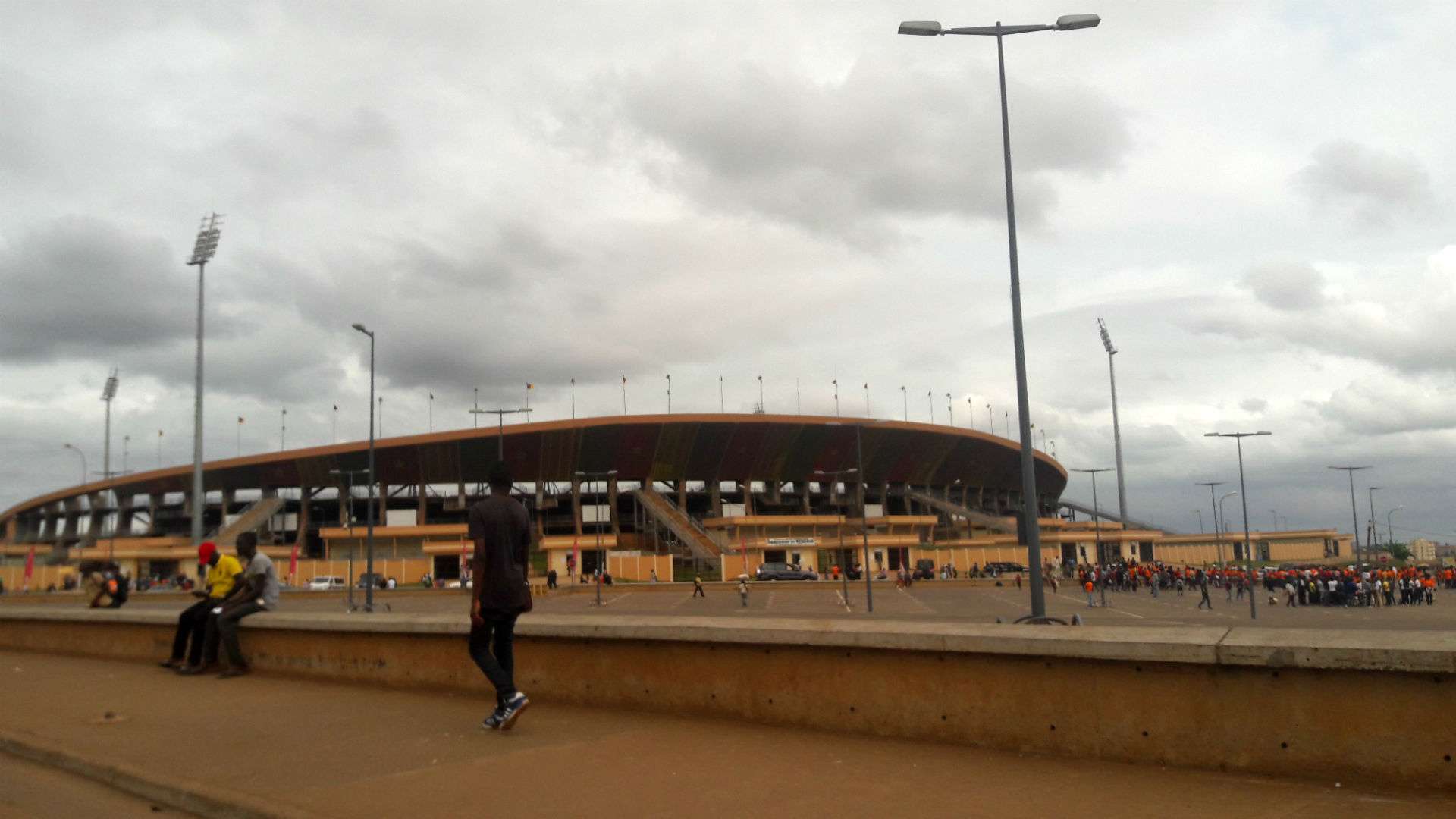
Even the Japoma Stadium is currently only 80% complete according to a statement published by project manager Zeki Burzkurt last month.
Much of the blame following Friday’s decision has been aimed at Caf, but the security situation in Cameroon — where there are rising tensions in the Northwest and Southwest regions — may also have factored into the decision.
Ultimately, the people of Cameroon are the real losers.
“[It’s] a real shame that Cameroon and its people won’t now be hosting the next Africa Cup of Nations,” tweeted former Arsenal right-back Lauren. “[I] feel particularly sorry for those who had put great effort in behind the scenes and had big hopes for the tournament.”
While the Afcon charabanc moves on, Friday's decision has opened a can of worms in the muddled world of Cameroonian football.
Considering the nation’s own administrative problems — Ghana’s Asante Kotoko were handed a bye in Caf competitions after Cameroon failed to name their representatives for the tournament — perhaps a bullet has been dodged.
Why did Cameroon fail to name a representative for the Caf Confederation Cup?
Because the nation’s president Paul Biya had allegedly decided that the Cameroon Cup — which decided which team represent the country in Caf competitions — would be held last Sunday, after the confederation’s deadline for representatives to be revealed.
“Despite CAF’s decision, we remain a focused, strong and united people,” read a quote projected onto some of the nation’s stadia after last Friday’s conclusion.
However, sometimes actions speak louder than words.
- Daniel Ekonde
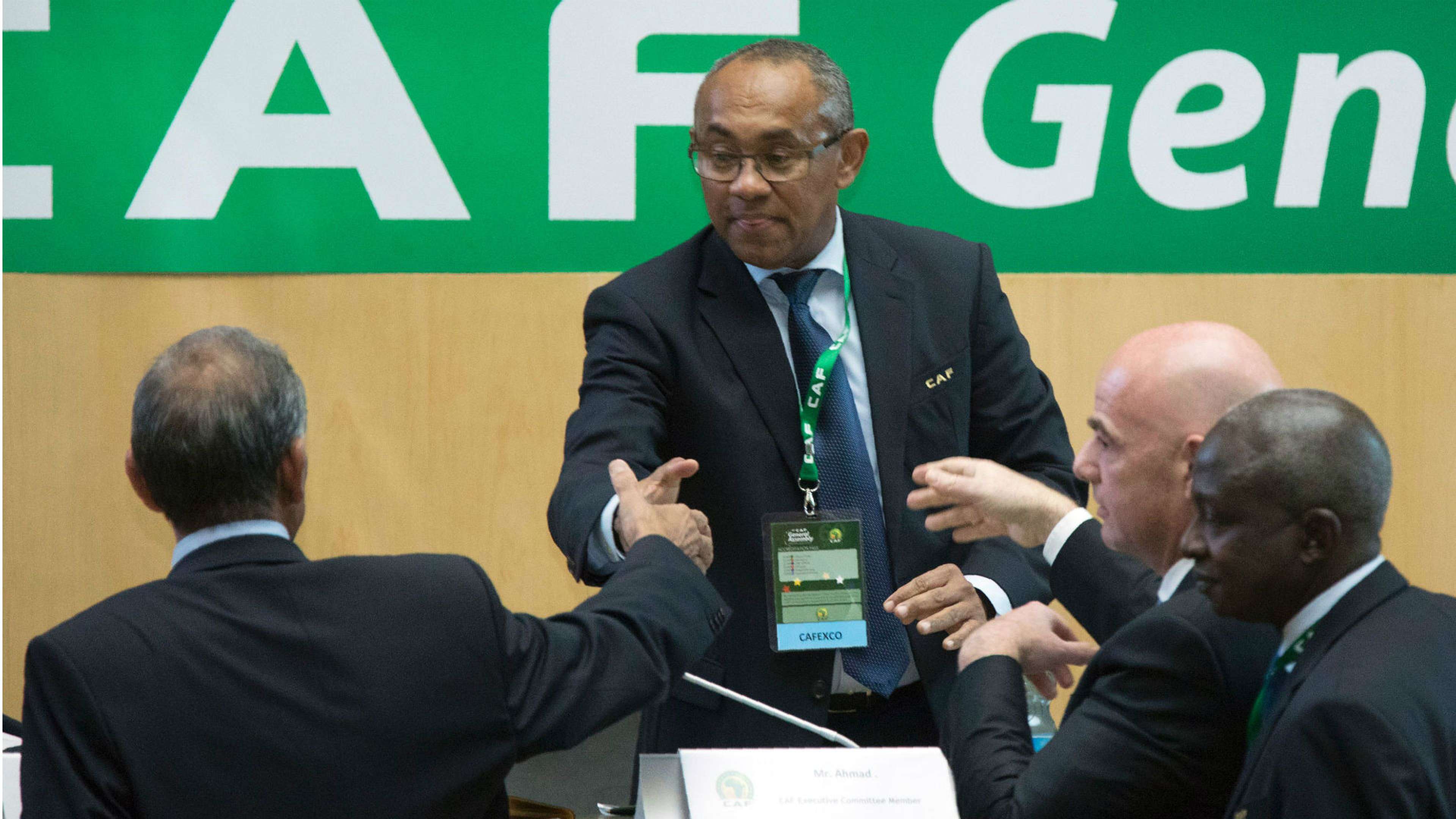

.jpg?auto=webp&format=pjpg&width=640&quality=60)
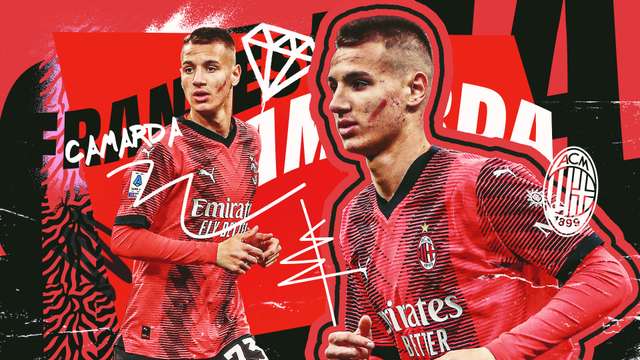
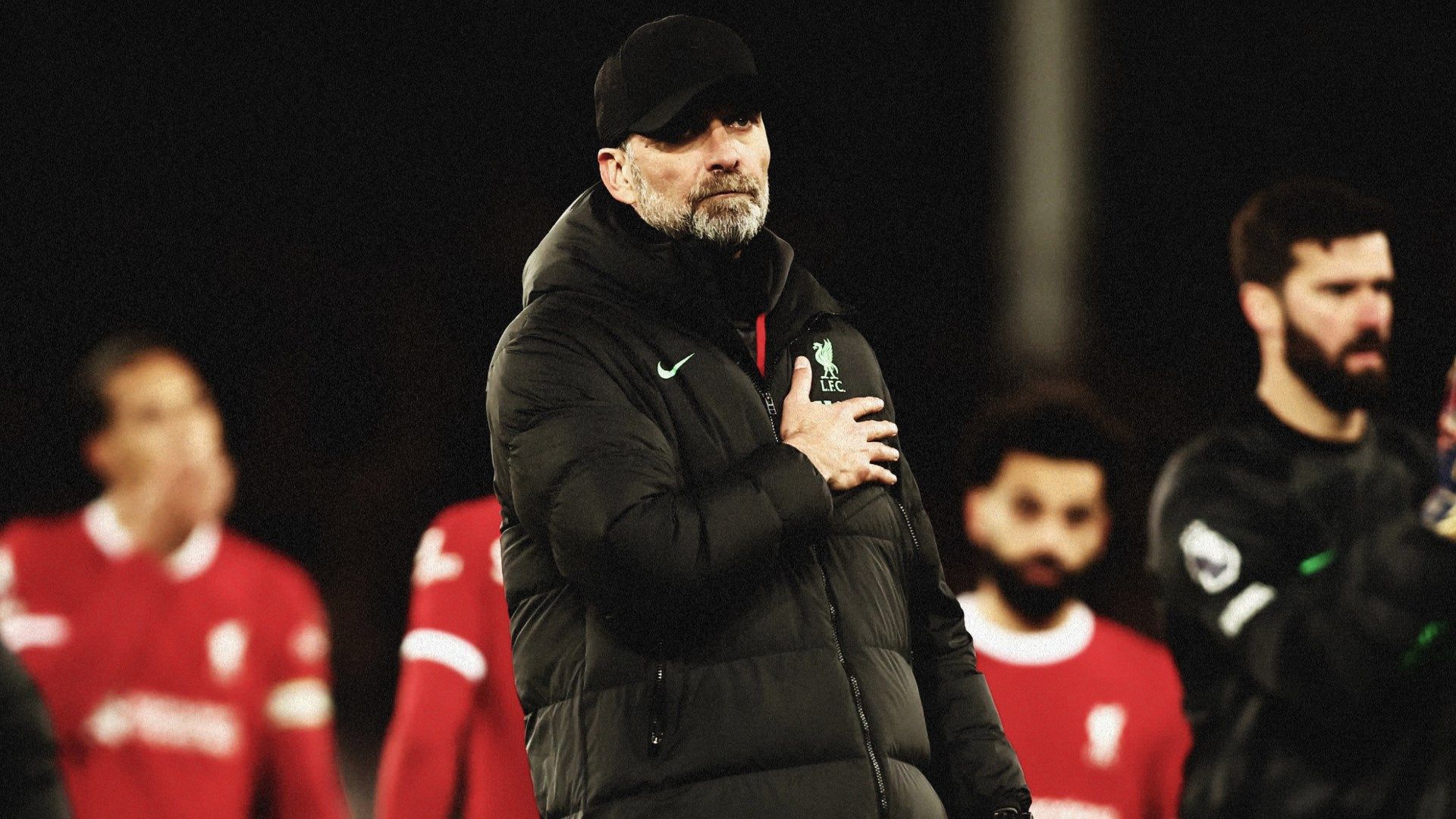.jpg?auto=webp&format=pjpg&width=640&quality=60)